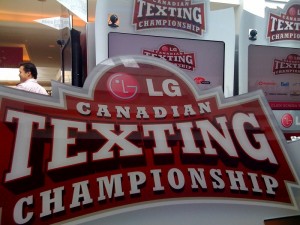In trying to make some final connections between my own research on Graphic Novels, increased literacy and multimodal texts, I read a few of the projects that seemed most relevant to me. What follows are my thoughts. (Just pretend the italicized words are my thought bubbles.)
I just want to remind myself to consult Drew Murphy’s Wiki on using Digital storytelling for the reluctant reader. It might be an interesting contrast to what I did for my project.
http://wiki.ubc.ca/User:DrewRyan#Creating_Classroom_Community_Through_Digital_Storytelling
I turned out his project was more about engaging students in storytelling using digital media, rather than getting them to read more. I think that would be an excellent next step to promoting reading with graphic novels and other types of visual media. As I thought when I read the title, this is an excellent example of a further remediation of text. As Bolter describes it, one technology building on the other. In the same way, the skills learned using multimodal texts allow the reader to progress onto the next, more sophisticated media. The use of digital texts also allows even more input and creativity from the writer (consumer as producer).
This quote from Noah Burdett: “With the need for speed a literate person needs to be able to think critically about the material in terms of its relevance and its authority.” NoahBurdett_ETEC540_majorproject https://blogs.ubc.ca/etec540sept09/2009/11/30/final-project-literacy-and-critical-thinking/
“To become multiliterate “What is also required is the mastery of traditional skills and techniques, genres and texts, and their applications through new media and new technologies” (Queensland, 2004). “from Learning Multiliteracies by Carmen Chan
Philip Salembier discussed the New Literacy and Multiliteracies in From one literacy, to many, to one.
He really explains how we have to be prepared as teachers and parents to understand that literacy means more than reading and writing and that digital literacy is not just understanding how to navigate the internet. All of these are aspects of the new literacy, along with social networking skills.
Fun interactive story http://wiki.ubc.ca/Course:ETEC540/2009WT1/Assignments/MajorProject/ItsUpToYou by Ryan Bartlett. Might use this style to get the seniors to do a research project on Social Injustice.
Finally, just because this one blew me away! From Tracy Gidinski https://blogs.ubc.ca/etec540sept09/2009/11/29/the-holocaust-and-points-of-view/ I hope I can use this style at some point either with my Marketing or International Business class or perhaps even a simpler storyline for an FSL course.

